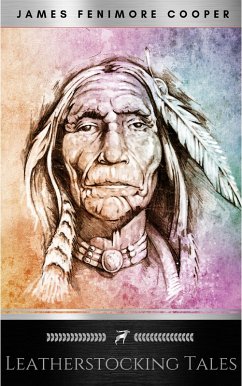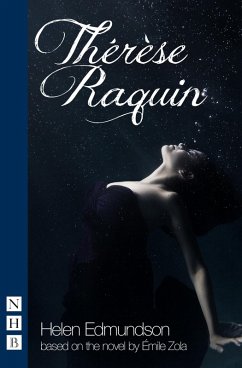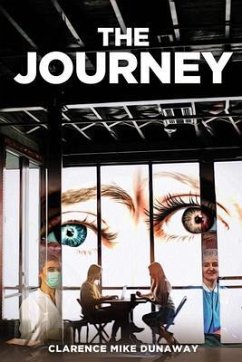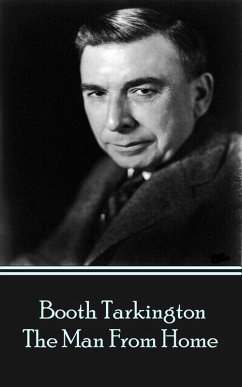
The Dark Star (eBook, ePUB)

PAYBACK Punkte
0 °P sammeln!
The Dark Star - Robert William Chambers - Number the Stars is told from the point of view of ten-year-old Annemarie Johansen. The story is set in the city of Copenhagen, Denmark in September 1943, the third year of the Nazi occupation of Denmark. Annemarie and her best friend Ellen, who is Jewish, are stopped by soldiers on their way home from school. The two girls, who go to the same school and live in the same building, are unsettled by their first direct encounter with the Germans. Mrs. Johansen and Mrs. Rosen are concerned and ask the girls to take a new route to school. The encounter make...
The Dark Star - Robert William Chambers - Number the Stars is told from the point of view of ten-year-old Annemarie Johansen. The story is set in the city of Copenhagen, Denmark in September 1943, the third year of the Nazi occupation of Denmark. Annemarie and her best friend Ellen, who is Jewish, are stopped by soldiers on their way home from school. The two girls, who go to the same school and live in the same building, are unsettled by their first direct encounter with the Germans. Mrs. Johansen and Mrs. Rosen are concerned and ask the girls to take a new route to school. The encounter makes Annemarie reflect on what her father has taught her about Denmark and also about her older sister Lise's death a few years before the start of the novel. Later in the fall, Annemarie and her younger sister Kirsti discover that Mrs. Hirsch's neighborhood shop has been closed. This event further alarms Mrs. Johansen, though Annemarie does not understand why.During a late night visit from Peter Neilsen, a member of the Resistance and the man Lise was to marry, Annemarie is told more about the war. Her parents and Peter explain that Jewish stores are being closed. The next day, the Rosens must flee. They leave Ellen with the Johansens. During the night, German soldiers come to the apartment demanding that Mr. Johansen disclose the location of his friends. He refuses and they search the apartment. Ellen pretends to be one of the Johansen's daughters, but her dark hair causes the solider to be suspicious. Luckily, Mr. Johansen is able to show them a baby picture of Lise with dark hair, which convinces the soldiers.The next day, Mrs. Johansen takes the three girls to her brother Henrik's home in Gilleleje, Denmark, where Henrik is a fisherman. They spend a peaceful day in the house by the ocean before Henrik announces that their Great-aunt Birte has died. The service is to be held that evening. Annemarie knows that no such aunt exists, and demands the truth. Uncle Henrik explains the importance of not knowing too much when bravery is needed. That night the coffin arrives and they gather around it. Many more people arrive, but all are silent. Soon Peter appears with the Rosens, who are reunited with Ellen. Soldiers, drawn by the post-curfew lights, come to the house. They demand that the coffin be opened, a problem since the coffin is empty. Mrs. Johansen thinks quickly and says that her aunt died of highly contagious typhus.
Dieser Download kann aus rechtlichen Gründen nur mit Rechnungsadresse in A, B, BG, CY, CZ, D, DK, EW, E, FIN, F, GR, H, IRL, I, LT, L, LR, M, NL, PL, P, R, S, SLO, SK ausgeliefert werden.













